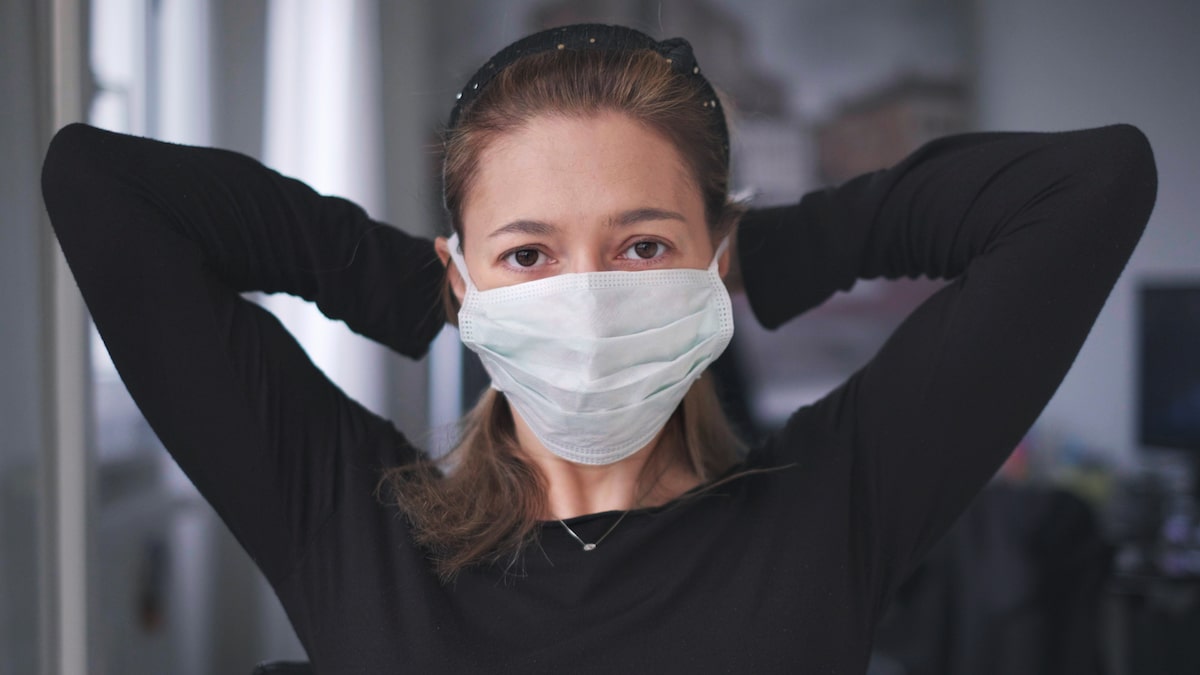<< Back
Study: COVID-19 Patients More Likely to Develop Mental Health Issues

November 12, 2020
The COVID-19 nightmare doesn’t end with the retreat of physical symptoms for one in five people who battle the virus, according to a new study.
A research team at Oxford University in England found that about 20 percent of coronavirus patients will develop mental health issues such as anxiety, depression and/or insomnia within 90 days of their diagnosis.
In the study, published in The Lancet Psychiatry journal, the researchers shared deductions made after reviewing the electronic health records of 69.8 million Americans, including more than 62,000 diagnosed with coronavirus. The study found these people are twice as likely as patients facing other medical events in the same timeframe to suffer from a new mental illness, with signs beginning as early as two weeks after diagnosis.
“This is an unprecedented moment in terms of infectious disease, the pandemic and mental health issues. There is chronic, unremitting stress for everybody,” said Dr. John Santopietro, physician-in-chief of the Hartford HealthCare Behavioral Health Network.
The research team also concluded the relationship between mental illness and COVID-19 is bidirectional, meaning that while the virus increases one’s chance of developing a mental illness, anyone with a preexisting mental illness is about 65 percent more likely to be diagnosed with the virus.
What isn’t yet clear, Dr. Santopietro said, is how much of the behavioral health effect for COVID-19 survivors is due to changes in the brain caused by the virus or overwhelming fears of death or infecting others.
And, while most people are experiencing some level of anxiety during the pandemic, the mental health concerns referenced in the research are more severe and debilitating. Digging deeper, the researchers said the degrees to which people suffer from mental illnesses is related to the severity of their experience with COVID-19. Someone hospitalized with the virus, for example, has a higher risk of a psychiatric diagnosis than someone who did not require hospitalization.
There is a need, they asserted, for more research into longer-term effects of COVID on mental health, but Dr. Santopietro said the information already underscores the value of the response mounted by Hartford HealthCare to meet the behavioral health needs of the community and its colleagues, he added.
“The COVID Recovery Center was designed to care for people who’ve had COVID, with mental health treatment capabilities that were built in right from the beginning,” he said.
The COVID Recovery Center is one of the first of its kind in the nation and the first in Connecticut to address the needs of people who have been sick with the virus and continue to face symptoms such as fatigue, cough, shortness of breath, depression and memory issues. If you or a loved one needs help after recovering from COVID-19, call 860.827.3200 to schedule a virtual or in person appointment.